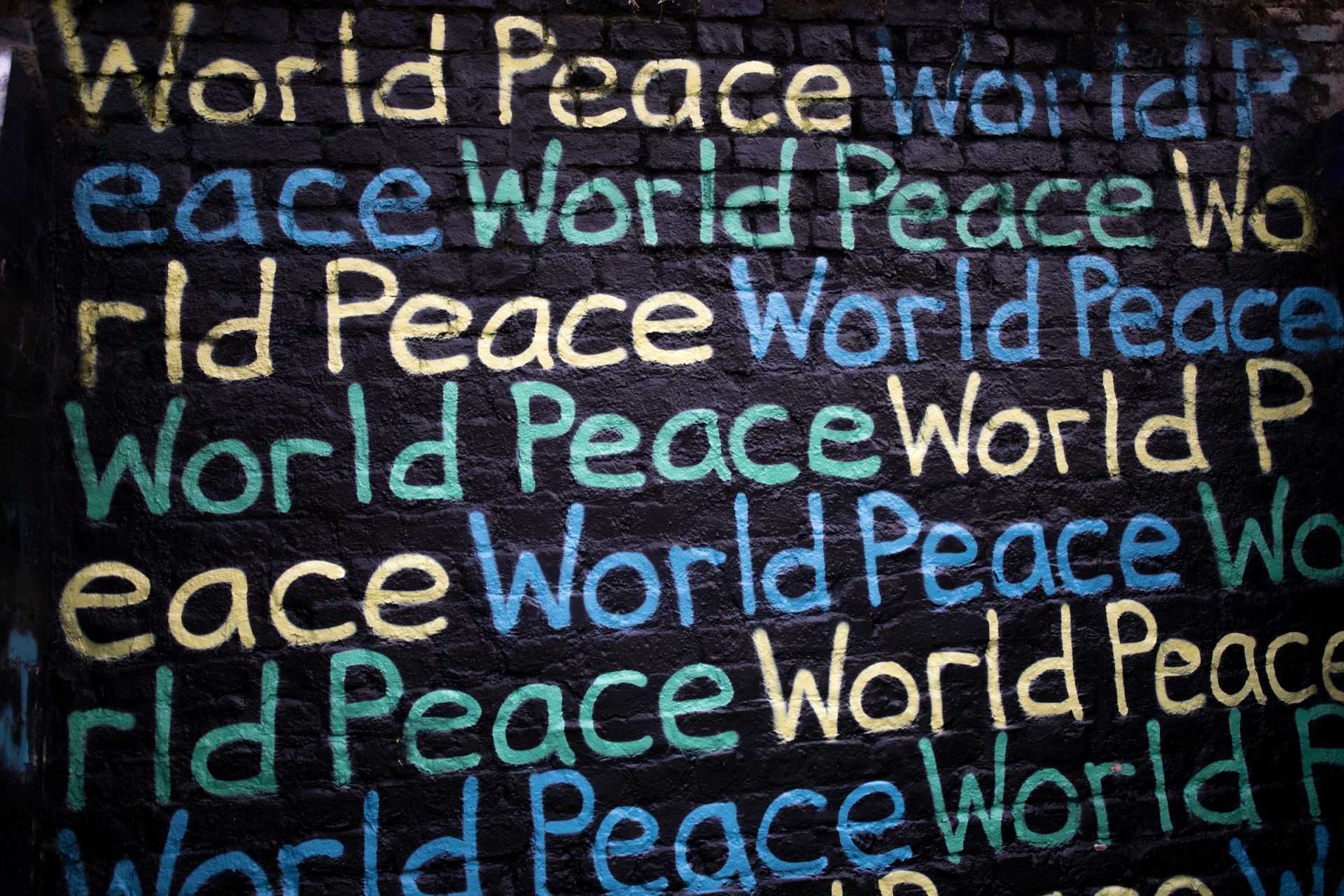Disarmament Week

Some of the biggest threats to global stability that we face today are a direct result of decades upon decades of armament. As well as the development of new, more brutal, weapons of mass destruction.
To counteract this, in 1995, the United Nations (UN) began encouraging governments, as well as private organisation, to help better the public’s understanding of ‘disarmament’.
The week coincides with the anniversary of the 1978 creation of the UN, starting on the 24th of October. Its primary focus lies in the disarmament of the world’s nuclear weapon arsenals, as well as other weapons of mass destruction.
The UN’s office for Disarmament Affairs backs multilateral efforts, aimed at informing and educating the public of the effects of these weapons. As public pressure and mobilization is the only way to apply political pressure on governments, to help achieve a less violent world.
The outlawing of chemical and biological weapons in global warfare can be viewed as one of the great successes of global Disarmament campaigns. However, the relative ease of access to conventional weapons today, remains a key enabler for armed conflicts to sprout up, in which the main victims remain civilians.
As science and technology are always developing, we will not only see great innovations in commercial goods, but also in military technology. The next frontier may even be in outer space, and current global events are stressing the importance of worldwide disarmament.
In an effort to secure our common future, UN Secretary António Guterres set out four key objectives, in 2018:
- Disarmament that saves humanity by endeavoring for a world free of nuclear weapons, strengthening norms against other weapons of mass destruction, and preventing the emergence of new domains of strategic competition and conflict.
- Disarmament that saves lives by mitigating the humanitarian impact of conventional arms and addressing the excessive accumulation and illicit trade.
- Disarmament for future generations by ensuring responsible innovation and use of advances in science and technology, keeping humans in control of weapons and artificial intelligence, and ensuring peace and stability in cyberspace.
- Strengthening partnerships for disarmament by reinvigorating disarmament institutions and processes, engaging regional organisations, ensuring the full and equal participation of women, empowering youth as a force for change, and enhancing participation by civil society and engagement by the private sector.
Author: Lorena Raub, University of Passau, Germany
Photo by Humphrey Muleba on Unsplash

